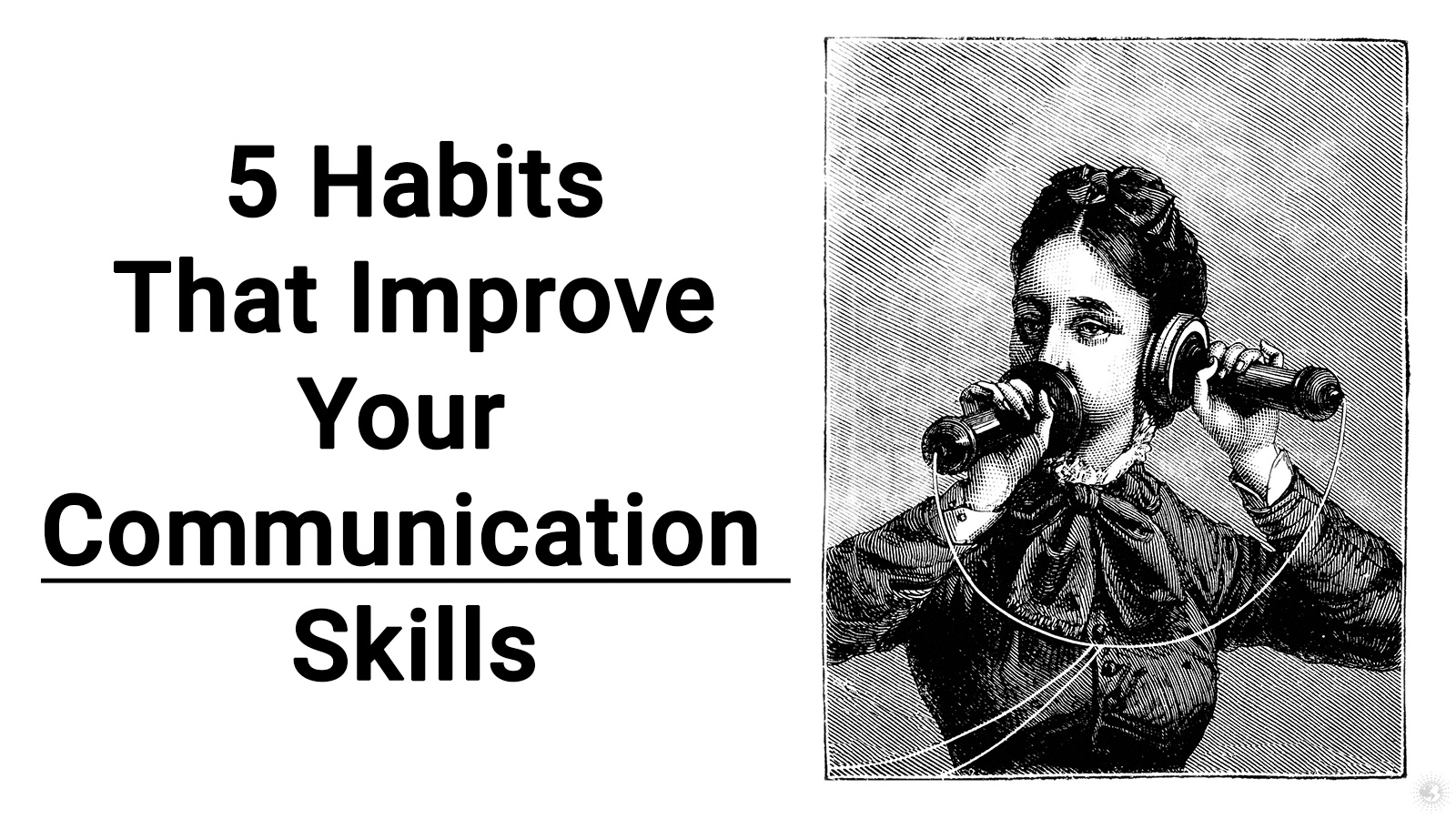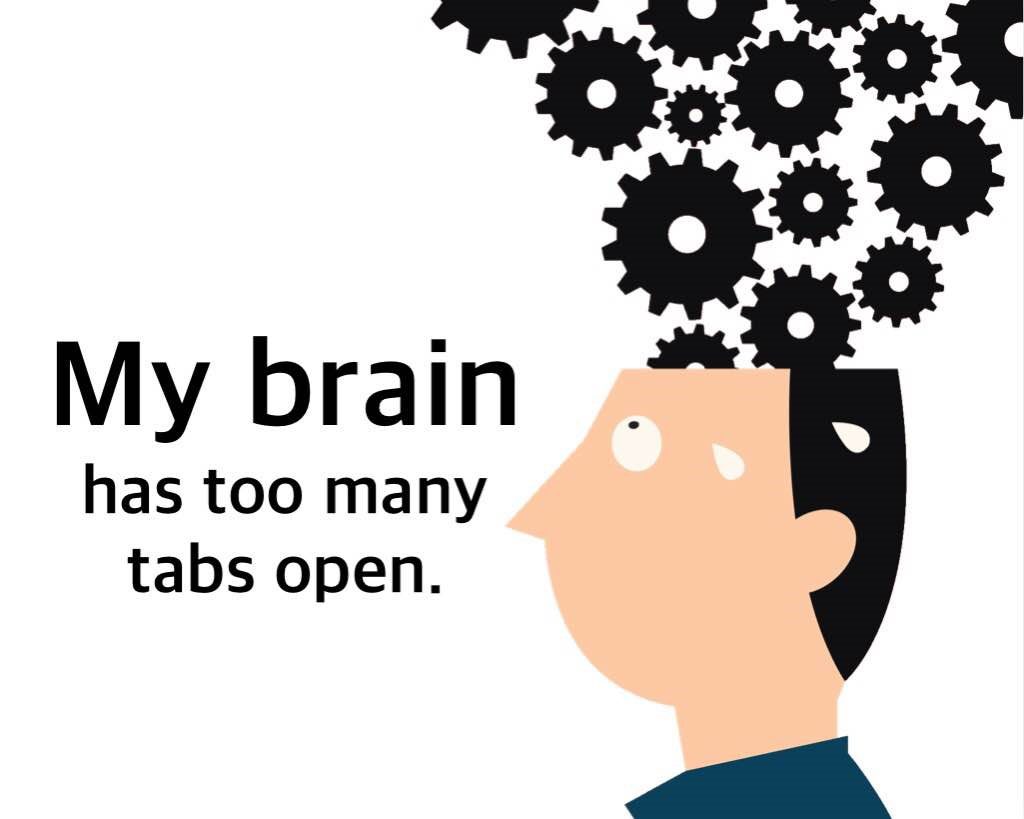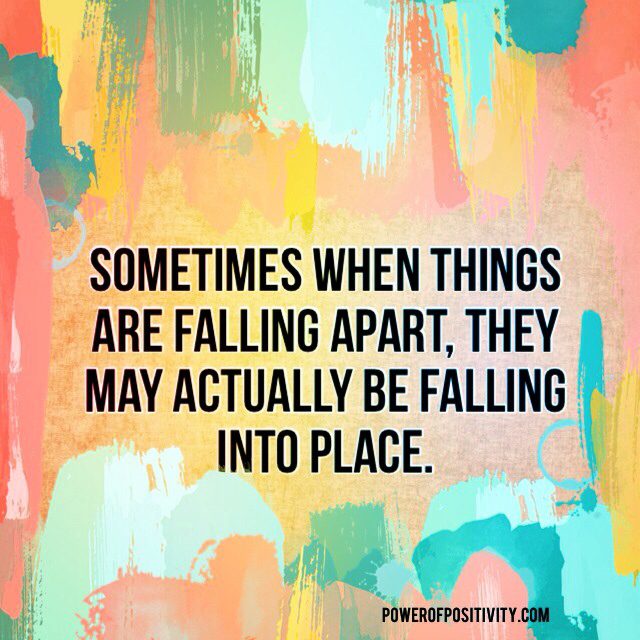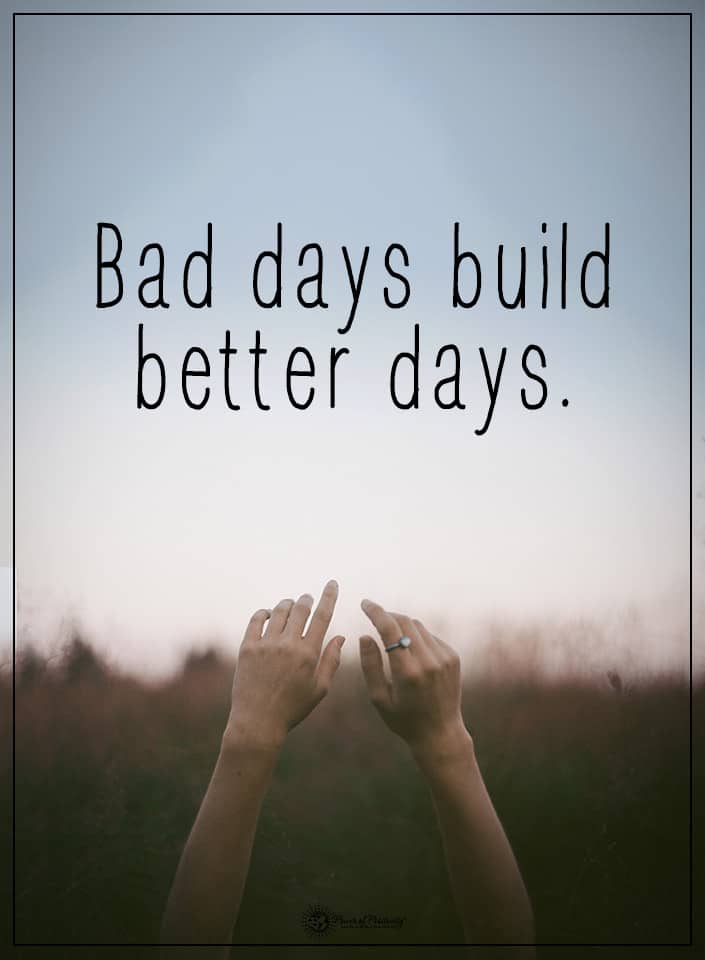The beginning of a relationship is always exciting. Two people are attracted to each other, begin to discover more about one another, and can see the relationship grow. Everything about a new relationship is novel and thrilling.
Once the relationship has matured, however, the difficult work begins. The phase of everything being a new adventure is mostly over and the focus switches to making the relationship work. Of course, there are still new and exciting things that happen, it’s just not as common. It’s easy to become complacent with another person and take them for granted past a certain phase.
Building and maintaining a long-term relationship can require some work, but it’s also incredibly rewarding. Watching the other person grow, start a family, buy a house, and otherwise share your life with someone else is wonderful.
These 8 simple rules will help your relationship last:
Consider these everyday relationship rules.
1. Create a shared dream for your life
In the midst of paying bills, cleaning the house, working long hours, and taking care of other responsibilities, it is easy to lose sight of the more important and long-term reasons for being together.
According to Dr. Jane Greer, a marriage and family therapist in New York City: “Successful couples quickly develop a mindfulness of ‘us,’ of being coupled…they have a shared vision, saying things like, ‘We want to plan to buy a house, we want to take a vacation to such-and-such a place, we like to do ‘X’, we think we want to start a family at ‘Y’ time.’”
The most beneficial time to do this is at the beginning of a marriage, partnership, etc. Doing so sets a solid foundation upon which to build your life together. Another benefit of early and shared planning is that you are much more likely to make that dream a reality.
2. Maintain a physical connection
In any long-term relationship, physical intimacy (in any form) is far more than just physical. It’s crucial in maintaining the health of your emotional connection, as well. The physical act of love is something that only you two share and revel in. It’s also vital in reigniting the passion and bringing you back together if you drift apart.
As with most elements of a relationship, it is easy to spark this physical connection in the beginning. It’s more difficult with work, finances, kids, home, physical changes, and whatever else makes intimacy more difficult.
Prioritizing intimacy with your partner is a great way to keep the passion flowing. The stresses that come with work, finances, and family will only be a minor roadblock as you continue to re-discover your physical attraction for one another.
3. Keep communication lines open
We know, we know, you’ve probably already heard that communication is important in a relationship. “Thanks a lot, Captain Obvious.”
Maybe… but consider pondering this for just a moment: communication is the common denominator in everything involved in a relationship. It can be at the beginning, middle, or end phases of a relationship. It is involved in everything, big or small – buying a car or home, sharing emotions, wanting kids, forgetting to pay the bill, taking the garbage out…everything involves being able to communicate effectively.
Communication is also a vital element in understanding each other. You may think that you already know your partner, but do you know about their day? Do you know if they’re overwhelmed, feeling sick, unappreciated, or a hundred other things they may be thinking or feeling? Open communication is the only way to maintain equilibrium while further progressing in a relationship.
Good communication is all about being comfortable enough to tell your partner anything – good or bad. Understandably, we don’t want to hurt each other’s feelings by being abrupt and straightforward. However, that is part of open communication: being honest whether you do or don’t feel like it.
4. Emphasize the positive
We’re somewhat backtracking to communication (everything, remember?), but it’s essential to demonstrate your appreciation of the other person. Emphasizing the positive is relatively easy when the attraction sparks fly when compared to a 10, 20, or 30-year marriage. It’s also much easier to do when things are going well. It’s still very important to tell the other person the things that you love about them.
The fact that relationships do get stressful and busy is exactly why you should reiterate your appreciation of your partner. Is your woman beautiful to you no matter what? Tell her such. Does your man work overtime to provide for the family? Tell him how much it’s appreciated.
(Men, don’t forget to tell your partner that they’re beautiful… don’t.)
5. Anticipate change
Research has shown that your partner will change in some way every 7-8 years. The change may be drastic or minuscule, but you need to expect to see some sort of difference in the person’s mind or body.
Personal change is a natural process in life, but we often don’t accommodate for these changes in our relationships. For both people, it is important to assess where you’re at and let your partner know what you need. If you don’t communicate this change, trouble often follows.
So just know what you’re thinking and feeling, let your partner know (communication!), and be honest. Understand that change is inevitable, and this applies to two people in love.
6. Learn to compromise
Two different people sometimes mean two different viewpoints. This is most evident when making any kind of decision – big or small. Sometimes, the two people agree and sometimes not. When there is a disagreement, don’t allow it to become a full-fledged argument. Instead, discuss it calmly and rationally.
Be thoughtful and empathetic with the other person’s view on something. Don’t hear their response and immediately become defensive, insisting that you should have the final say. If you are unsure about why your partner thinks the way that they do, just ask questions for clarity.
For smaller decisions, simply take turns allowing each other to decide. If you picked the place to eat dinner, then allow your partner to choose which movie you will see.
7. Apologize when you’re wrong
We all make mistakes in a relationship, but part of making a relationship last is a willingness to admit these mistakes. If you committed a mistake, simply apologize to your partner. Being stubborn and insisting that you were right when you were clearly wrong is much worse than the blunder itself.
Further, it’s not enough to mumble “I’m sorry…” while your partner walks away. Sincerity and eye contact are essential elements of any apology. Forego your pride and state your apology with meaning.
Also, learn to accept each other’s apology. Stubbornness can also be present on the recipient’s side; so if your partner is sincerely apologetic, accept the words with sincerity and move on.
8. Don’t give up
Resiliency is essential to making a relationship last. You may incorporate all of the above elements, but if you aren’t steadfast in your relationship it risks failure. Make the commitment to each other to do what you can to stick it out through the difficult times.
No relationship is perfect. It doesn’t matter how great a relationship appears from the outside, there are always going to be trials. It’s part of sharing a life with a person that is different in some way.
A long-term relationship is beautiful, but it isn’t easy. It’s not supposed to be easy. However, it’s supposed to be overwhelmingly worthwhile. Hopefully, this article will make your current and future relationships more beautiful and long-lasting.
Join the discussion: What tips do you have for the community to make a relationship last? Share below or join in on Facebook!
























